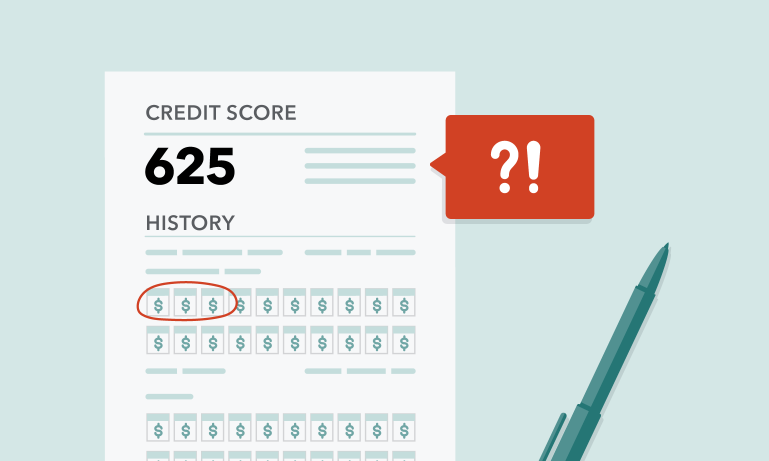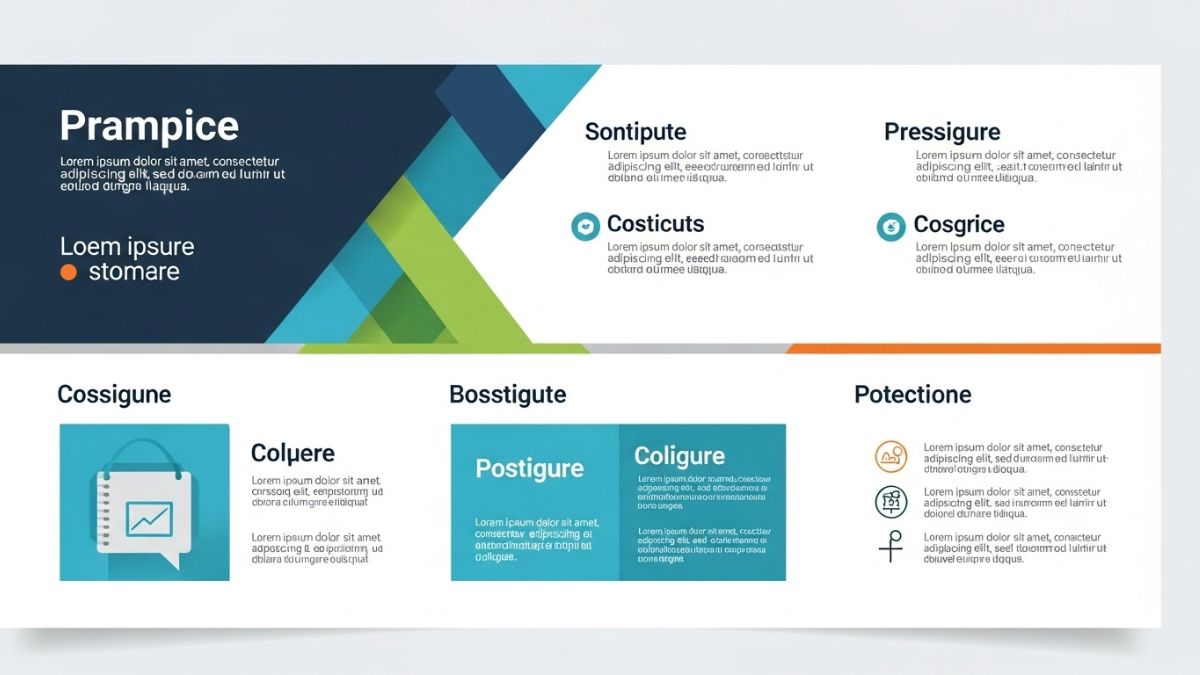Credit reports are one of the most important documents when it comes to your financial health. They can affect your ability to get loans, secure a good interest rate, or even rent an apartment. So, what happens if you find an error on your credit report? How do you fix it, and how serious should you take it? If you discover something that doesn’t look quite right, don’t panic. It’s common to find mistakes, and fortunately, you have the right to dispute them.
For example, if you’ve been working on credit card debt consolidation loan and notice some incorrect information related to your debt, it’s important to address these errors right away. A mistake on your credit report can affect your financial decisions, so it’s crucial to know what steps to take to clear up the confusion.
Step 1: Review Your Credit Report Thoroughly
The first thing you should do when you find an issue on your credit report is to carefully review the entire report. Sometimes, it might be an easy-to-miss mistake, like a wrong address or a payment that was recorded incorrectly. Other times, the error could be more serious, like a debt that doesn’t belong to you or a missed payment that you know you made on time.
Start by checking each section of your credit report, which typically includes:
- Personal information: Make sure your name, address, and other identifying information are correct.
- Credit accounts: Verify that all your credit accounts are listed, and that the balances and payment histories are accurate.
- Inquiries: Check to see if there are any credit inquiries that you didn’t make.
- Public records: Look for any legal judgments, bankruptcies, or liens that shouldn’t be there.
Sometimes, simply reviewing the details can help you understand the error. However, if something seems off and you’re unsure about how it affects your credit, it’s time to take further action.
Step 2: Contact the Credit Reporting Company
Once you’ve identified an issue, the next step is to contact the credit reporting agency. In the United States, there are three main credit bureaus: Equifax, Experian, and TransUnion. You can request a copy of your report from any or all of these bureaus.
You should know that all three credit reporting agencies are required by law to investigate any disputes within 30 days of receiving your complaint. If they find that the information is indeed incorrect, they must correct the report. You can dispute an issue online or by mail, depending on the credit bureau’s process.
Here’s what you’ll typically need to do:
- Gather your supporting documentation: For example, if you’re disputing a missed payment, provide evidence, like bank statements, that prove you made the payment.
- File a dispute: Many credit reporting agencies have an online system that makes the process fairly simple. If you prefer, you can also send a letter, but make sure it includes all the necessary information (your full name, address, details of the dispute, and supporting documents).
- Wait for results: Once the investigation is complete, the credit bureau will provide you with the results. If they find in your favor, the mistake will be removed or corrected.
Step 3: Contact the Company That Reported the Information
If the credit bureau finds that the error is due to inaccurate information from a particular company (like a credit card issuer or lender), you will also need to contact that company directly. This is especially important if the error isn’t fully resolved by the credit bureau.
Here’s how to contact the company that reported the mistake:
- Review your records: Before reaching out, gather any relevant documents such as statements, payment records, or account agreements.
- Reach out to customer service: Most companies have a specific process for handling disputes. Some will allow you to resolve the issue online, while others may require you to submit documents via mail or email.
- Provide supporting evidence: Make sure to include any proof that supports your case. If you’ve already contacted the credit bureau and they’ve identified the issue, be sure to reference that in your communication with the company.
Sometimes, the company will resolve the issue quickly, and other times it may require additional follow-up. Be persistent and keep track of all communication.
Step 4: Monitor Your Credit Report After the Dispute
After you’ve filed your dispute, it’s important to monitor your credit report to make sure the issue has been corrected. Even if the error seems minor, it can still affect your credit score. It’s also worth noting that any mistakes on your report can stay there for a while if you don’t stay on top of the correction process.
Check your credit report regularly, even after the dispute is resolved. You can request a free copy of your report once a year from each of the major credit bureaus through AnnualCreditReport.com. Many people also sign up for credit monitoring services, which can alert you to changes in your credit report, especially if there’s another error or suspicious activity.
Step 5: Be Patient, but Stay Persistent
It can be frustrating to find an error on your credit report, and the process of fixing it may take time. Disputing an error is rarely a quick fix, and sometimes it can take up to 30 days for the credit bureau to process and resolve the issue. But don’t be discouraged—persistence is key.
If you’ve contacted the credit reporting company and the company that reported the error and you still haven’t seen a resolution, you can escalate the situation. You may want to contact the Consumer Financial Protection Bureau (CFPB) or seek legal advice if you think the dispute hasn’t been handled properly.
Final Thoughts: Keeping Your Credit Report Clean
Finding issues on your credit report doesn’t have to be the end of the world. In fact, it’s an opportunity to ensure your financial history is accurate and up-to-date. By following the steps above, you can dispute errors and have them corrected. Whether it’s a mistake involving a credit card debt consolidation loan or another issue, the important thing is that you take action.
Remember to stay patient, keep good records, and monitor your credit report regularly. A clean credit report can open doors for better financial opportunities, and catching mistakes early helps you maintain a good credit score. So, take the time to review your credit report carefully, and don’t be afraid to dispute errors—it’s your right, and it’s worth doing.















